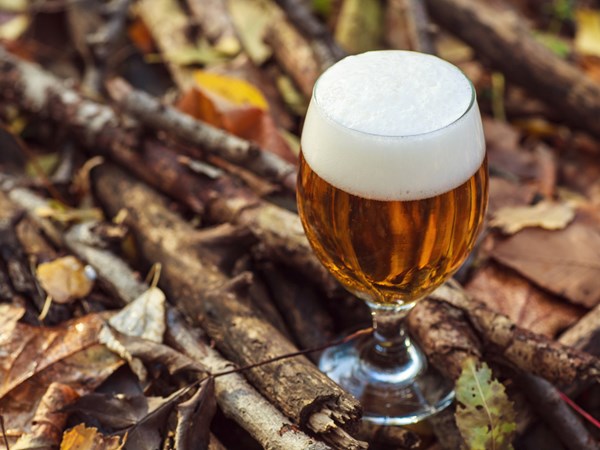The apple of my eye
It irritates me so much that we have some fabulous, traditional fruits, and yet when the appropriate season arrives, the supermarkets are full of products from countries as far away as New Zealand and South Africa. Yes, even in covid-19 land. How does this happen?
I don't mean mangoes, kiwi fruit and bananas, but those indigenous to the British Isles such as apples, pears and strawberries. I can understand it if people want tasteless versions of a fruit out of season, but in season?
If you can resist the temptation of supplying fruits out of season, you know its summer and early autumn when our traditional fruits are ready. Just think of plums, apricots, cherries, strawberries, gooseberries, pears and rhubarb. But for me, of all our wonderful home-grown fruits, the apple has my eye.
It’s held a strangely important symbolism throughout history, wrapped into stories and events that we all remember – the apple in the garden of Eden, Isaac Newton and his ‘discovery’ of gravity, Snow White and the poisoned apple and even the Beatles record label featuring a perfect Granny Smith. Of course, one of the world’s biggest companies has unashamedly used the name with it’s all too familiar apple logo with a bite taken out of it. I’m typing on one of its computers right now.
Then there are the apple games such as apple bobbing. The tradition dates back to the Roman invasion of Britain, when the conquering army brought with them the apple tree, a representation of the goddess of fruit trees, Pomona. During the annual celebration the game of apple bobbing was played by young singletons; the first person to bite into the apple would be the next one to be allowed to marry. Girls who placed the apple they bobbed under their pillows were said to dream of their future lover. All a bit old fashioned now, of course.
All apples have a balance between sweet and tart, but to varying degrees. They should be juicy and crunchy and some can even be ‘creamy’. My two favourite eating varieties are the Egremont Russet and Adams Pearmain. The Russet is a classic English apple with a unique flavour and appearance. The skin is a dull gold colour flecked with yellow and feels like fine sandpaper. The flesh is quite dry and the taste is often described as "nutty" but sweet, with both the flavour and the soft flesh reminiscent of a firm pear. It’s surprisingly versatile, working well in savoury salads and is a good partner for cheese. Buy and sell them between October and December.
Adams Pearmain is available from November through to March, and is an old-fashioned late dessert apple, one of the most popular varieties in Victorian England. It’s a relatively dry apple but the flesh has a rich aromatic flavour which like the Russet is slightly nutty. Its autumnal colouring is more subdued than the artificially bright shiny things of the modern supermarket shelf, but for me that’s part of its appeal and it makes great cider.
So, don’t just reach for the boring Gala or Pink Lady apples to offer customers, emphasise the local varieties, try something a little different and explain how these are part of our heritage and make great pairings with cheese and cooked meats. But most of all, encourage your shoppers to check the labels and buy something British.
Sue Nelson




